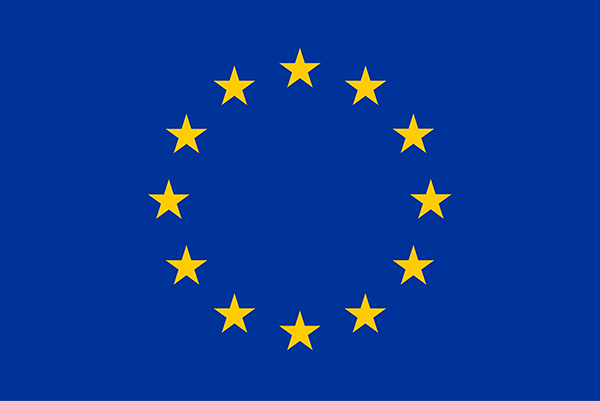MILO-blog for a MSCA-project
About MILO and the author
This blog is related to the Marie Sklodowska Curie project called Mining, Lobbying and Efficient Environmental Policy (MILO) funded by the European Union’s H2020 research and innovation programme. It contains posts on exhaustible resources, mining, environment, policy, economics and other topics. Most of the posts will be focused on the topics strictly related to the ongoing research conducted in the project. Some will not. Therefore this site does not act as the official website for the project.
Let me briefly introduce myself and the project. My name is Pauli Lappi and I work as a Marie Curie Fellow at Ca’ Foscari University in Venice. The project investigates environmental policy from the economics viewpoint with a focus on polluting exhaustible resource production. The related environmental problems are quite diverse varying from local air quality problems and acid mine drainage to global problems like CO emissions that contribute to climate change. MILO has two research objectives. First, it will analyze the properties of the economically optimal environmental policy targeted at exhaustible resource production, and second, it will study the properties of the policy instruments when the policy-making is affected by lobbying.
As the above explains, my research interest is on environmental and resource economics. I received a PhD on the subject from University of Helsinki in 2013. Since then I’ve worked there as a post-doc and as a university lecturer. I’m currently on leave from the lectureship to work on MILO project.
Lastly, the word MILO is the abbreviation of the project’s name, but it can also refer to an island in Greece called Milos since in Italian the island is called Milo. Mining has been important for the island since the ancient times and, together with tourism, it is currently the main source of income and perhaps well-being for the island. So really, in my opinion, mining is not incompatible with sustainable development, but there are problems with it that need solving.
The blog is generated using Jekyll and Lagrange-theme developed by Paul Le. Big thanks!
And of course: This project has received funding from the European Union’s Horizon 2020 research and innovation programme under the Marie Skłodowska-Curie Grant Agreement No 748066
